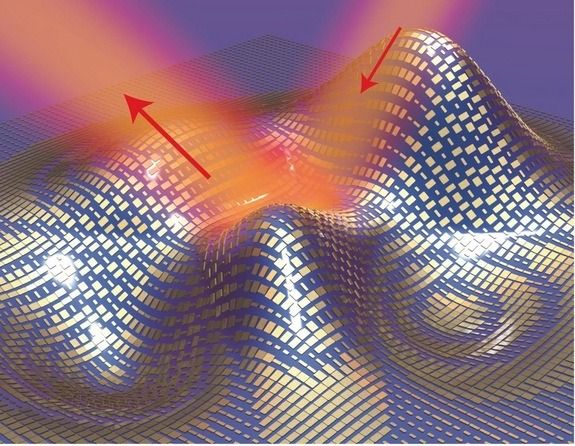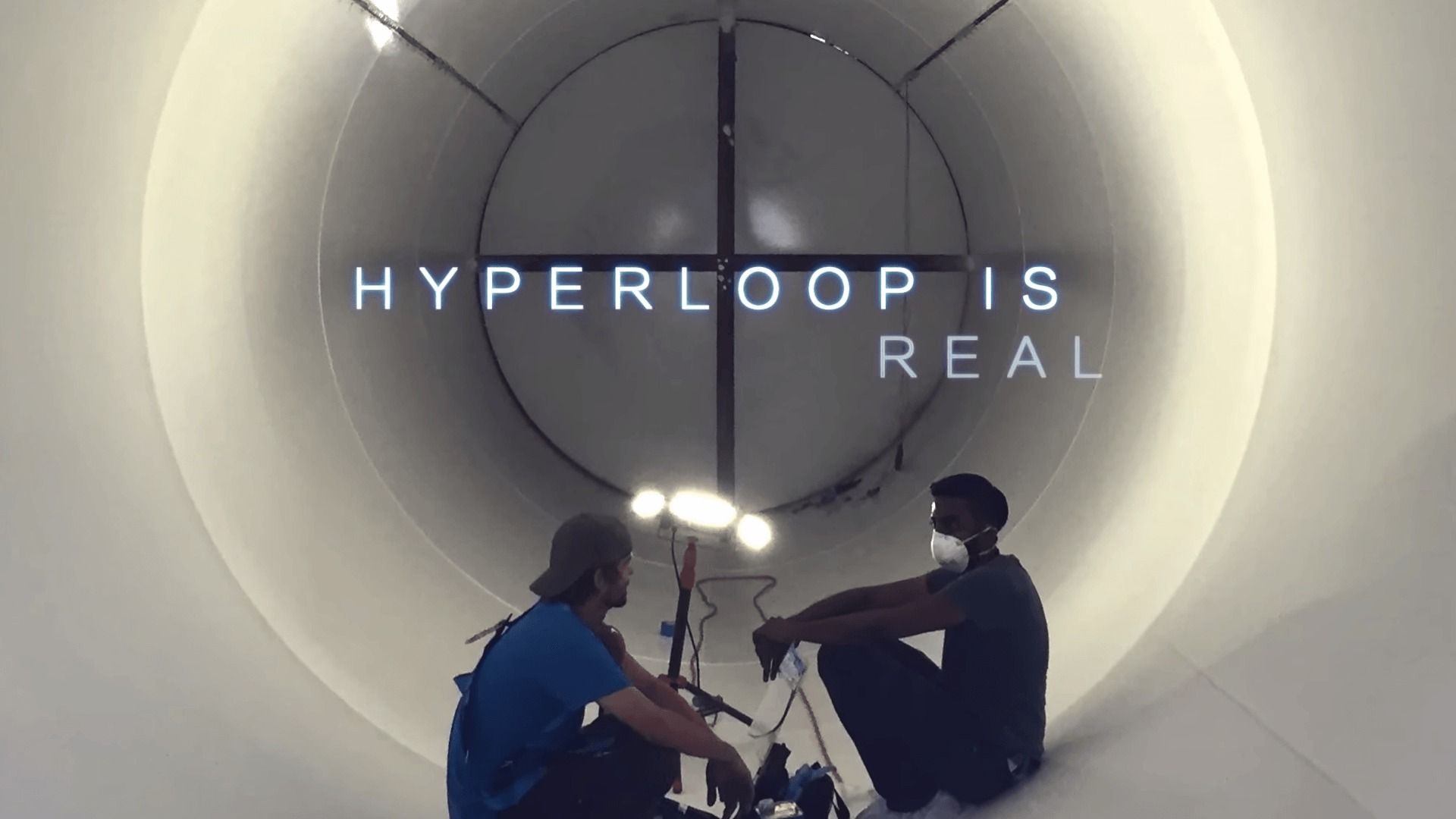
Invisibility cloaks are designed to bend light around an object, but materials that do this are typically hard to shape and only work from narrow angles — if you walk around the cloaked object, for instance, it’s visible. But a new cloak avoids that problem, and is thin and flexible enough to be wrapped around an object of any shape, the researchers said. It can also be “tuned” to match whatever background is behind it — or can even create illusions of what’s there, they added.
Led by Xiang Zhang, director of materials science at Lawrence Berkeley National Laboratory, the group constructed a thin film consisting of a 50-nanometer-thick layer of magnesium fluoride topped by a varying pattern of tiny, brick-shaped gold antennas, each 30 nanometers thick. (For comparison, an average strand of human hair is about 100,000 nanometers wide.) The “bricks” were built in six different sizes, ranging from about 30 to 220 nanometers long and 90 to 175 nanometers wide. [Now You See It: 6 Tales of Invisibility in Pop Culture]
The scientists then wrapped up a tiny, irregularly shaped object measuring about 36 microns across, or a bit more than one-thousandth of an inch. Shining a light, with a wavelength of 730 nanometers, or near-infrared, they found that it reflected back almost perfectly. The light scattering from the cloak still bounced off the object, but without revealing where the object was — as though there were just a flat mirror in its place, the researchers said.
Read more









 Alas, I can not think of anything that puts such an oppressive and unfair burden into perspective, except to this:
Alas, I can not think of anything that puts such an oppressive and unfair burden into perspective, except to this:









